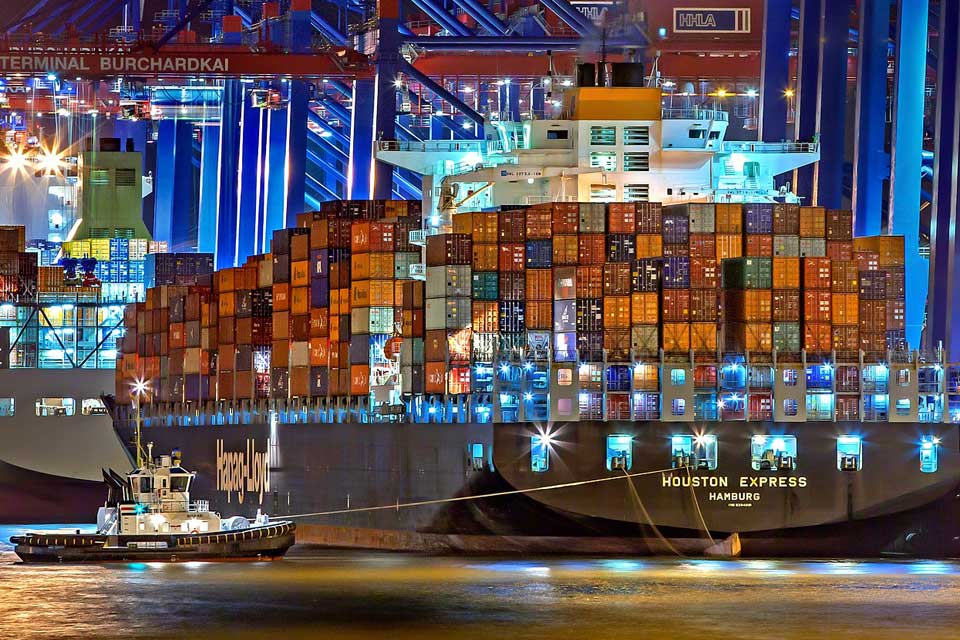Connectivity funding ‘key to successful business growth’

Many UK businesses are in danger of suffering stunted growth due to a lack of investment in core IT connectivity systems. A new report has found that four in every five UK firms are unable to scale plans to their fullest potential with current connectivity arrangements. Just 20% of UK businesses state they are in […]
83% of organisations have increased supply chain investments

New research from Blue Yonder found that 97% of organisations faced disruption over the last 12 months. Factors outside of company control and the resulting consequences varied from company to company, with organisations facing customer delays (59%), stalled production (44%) and staff shortages (40%). As a result of this disruption, the supply chain has become […]
Britishvolt’s supply chain jobs boost

Britishvolt has selected a site in the North East of England to build the UK’s first battery gigaplant, which it says will create 3,000 jobs and a further 5,000 in the wider supply chain. The company has acquired exclusive rights to a site in Blyth Northumberland and intends to begin construction in Summer 2021, with […]
Survey reveals contrasting digital supply chain transformation strategies

A joint survey of supply chain executives carried out by JDA Software and KPMG has revealed that customer expectations are driving retailer supply chain investment. Meanwhile, agility and innovation are driving manufacturers’ investment in their supply chains. The 2018 Digital Supply Chain Executive Survey, conducted by Incisiv, found that more than half of respondents identified […]

